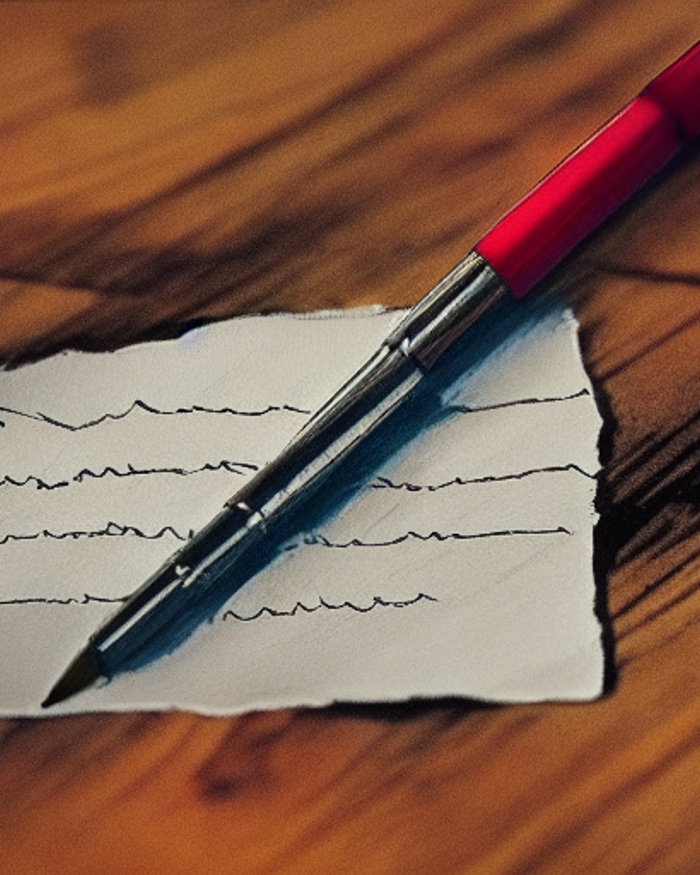You should edit your journal entries. Not to self-censor, or prepare it for an audience, but to make it as true as you can.
Your journal is a place to explore your thoughts and feelings and decide what’s important to you. It’s not a place to cement your initial reactions in place. If you’re going to take the time to reflect, be open to the possibility that your thoughts and feelings might change.
To get the most out of editing, it can be helpful to write an initial draft as an unfiltered stream-of-consciousness. Just write down whatever comes to mind without editing as you go. It’s going to be a little raw and a little disorganized, and that’s just fine.
Unless you’re already in the practice of quiet contemplation, it’s the most natural thing in the world to believe these first thoughts. But just because a thought comes from your head doesn’t mean you have to believe it.
Instead, pause and consider. Think more deeply about your gut reactions and question them. Experiment with different points of view to see how they feel. You don’t need to commit to anything as you explore your options.
By acting as an observer of yourself, you have a chance to reorganize your thinking, spot patterns in it, and develop a fresh perspective. Over time you can change your mind in ways that are more compassionate, more true, and more beneficial to yourself and others.
It’s not a common practice to edit journal entries, but it is effective. It’ll help you develop clarity and conviction around your beliefs.
Give it a try. You might be surprised at what you learn about yourself.
Back to the blog


